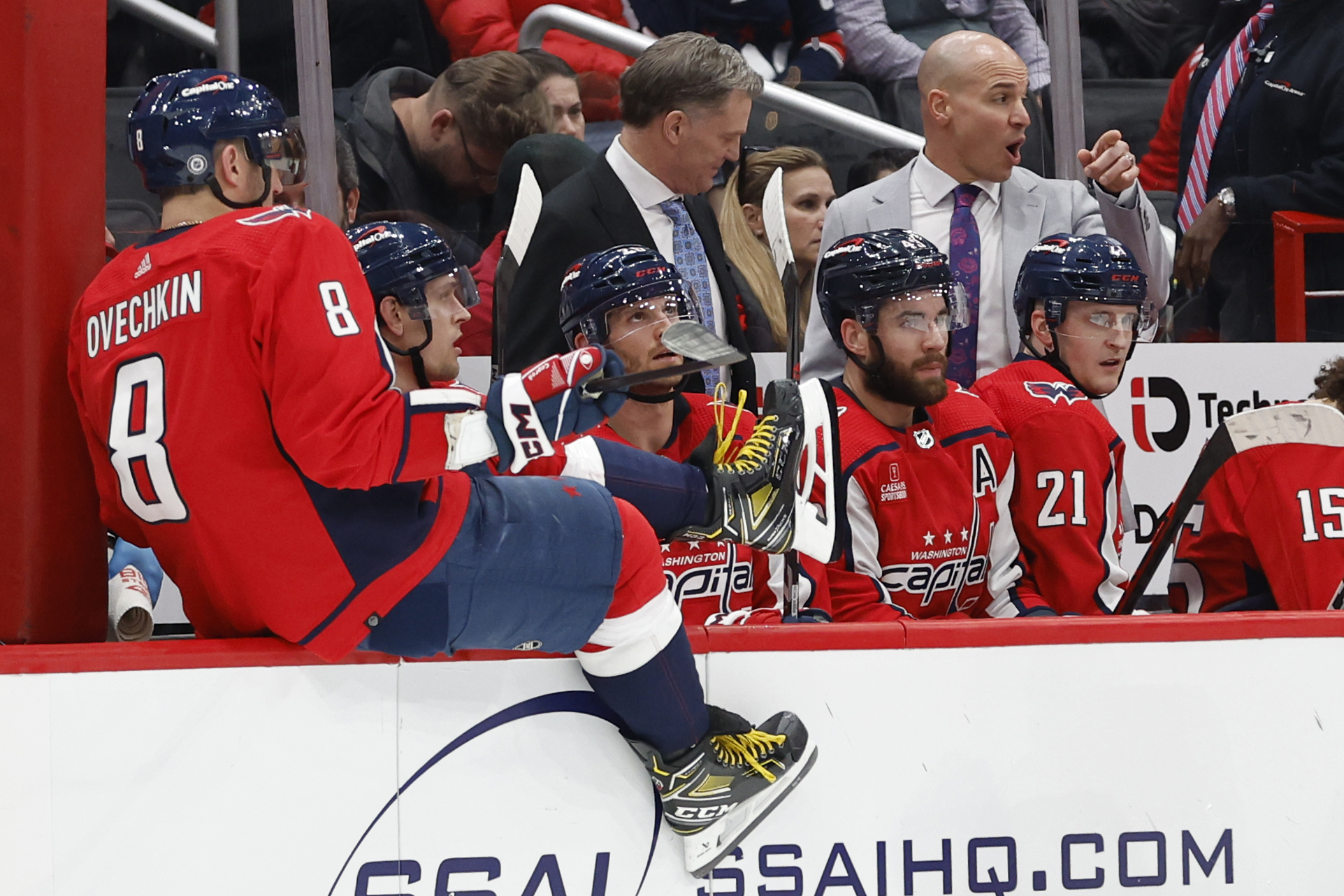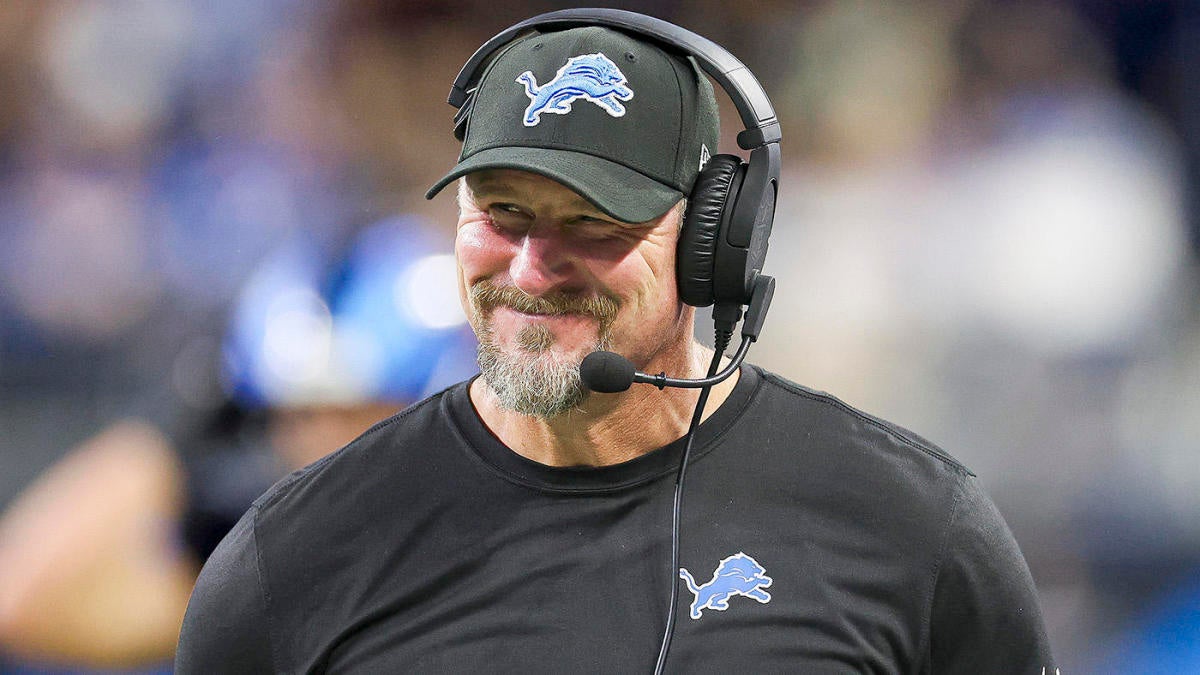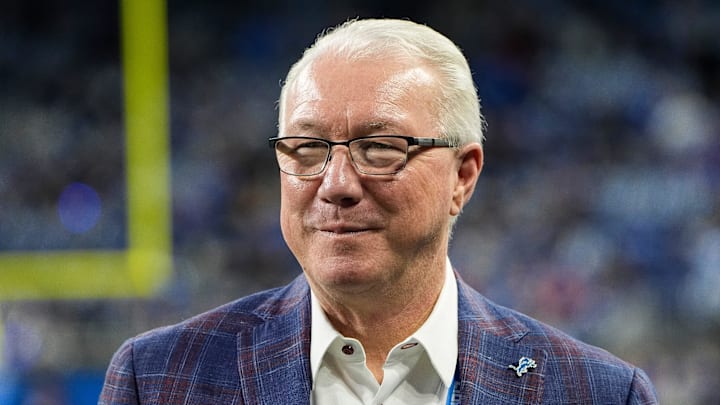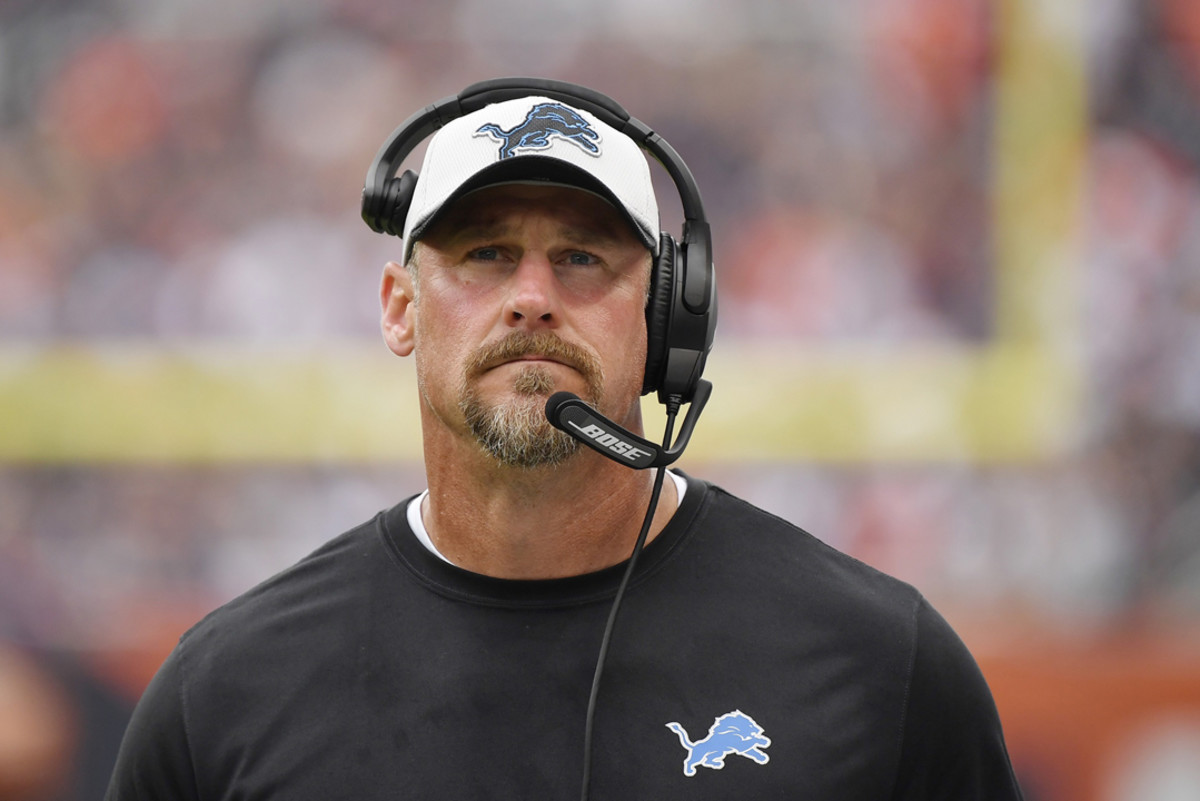I don’t expect the Capitals to sustain 57.3-percent possession for the rest of the season, but I do think they’re an excellent five-on-five team. They have much more utility among middle-six forwards than I expected. There’s a world in which Alex Ovechkin starts scoring, Aliaksei Protas’ playmaking improves, and Hendrix Lapierre gets ice time. Those Caps would be fearsome – and it’d still all be for naught because god-awful special teams cost them a playoff spot.
Special Teams Doom the Capitals' Playoff Hopes: Can Five-on-Five Play Save Them?
The Capitals lost last night, again. Poor Chris, in his NFTMA series, has had to write some version of this too much this season:

Another game where the Capitals control play at five-on-five, but can’t finish their chances and get smoked on special teams. I don’t know if you need me to relitigate this stuff again, but they went 0-for-2 while up a man and gave up two power-play goals.
The 2025-26 Washington Capitals are so disjointed. Their five-on-five play and power play/penalty kill feel like two different teams.
Five-on-five is great; it’s special teams that are deciding close games. It’s special teams that are why the Caps rank 25th in points percentage. Even-strength play has been very good, but the team’s losing record is having a reverse-halo effect on how we think of it. I find it helpful to understand a team’s performance by their immediate neighbors, so the five-on-five Caps keep company with the Colorado Avalanche and Carolina Hurricanes, and the special-teams Caps hang out near the St. Louis Blues and Columbus Blue Jackets.
On pace to finish with 82 standings points, the Caps need to change their trajectory or else they’ll miss the playoffs in the final year of Alex Ovechkin‘s contract (and maybe career). Were they to miss the playoffs, that would be almost unprecedented for a team playing so well during five-on-five.
Through 17 games, the Caps have controlled 57.3 percent of the expected goals during five-on-five – meaning they have the puck more and do more with it than their opponents. (They aren’t shooting particularly well, but Logan Thompson’s goaltending has made up for it, so the team’s
Going back a decade, twelve teams have controlled expected goals as well as Washington at this point in the season. All of them made the playoffs. Of the 34 team-seasons with better than 55 percent expected goals on November 14, all but three made the playoffs. Those three were freaks, and we need to understand their freakness.
BREAKING: Rod Wood makes latest announcement on who will lead the Lions in Dan Campbell’s place in 2026

A Shocking Turn for Detroit’s Future
Detroit woke up to a tidal wave of surprise and emotion today after Lions CEO Rod Wood stepped up to the podium and delivered one of the most consequential announcements in franchise history. With head coach Dan Campbell expected to step away after the 2025 season—a decision rooted in personal considerations that have quietly circulated inside Allen Park for months—fans have anxiously wondered who could possibly replace the man who rebuilt the Lions’ culture from the ground up.
This morning, Rod Wood finally answered that question. But the name he revealed stunned even the most plugged-in insiders, shifting the trajectory of the Lions’ future and igniting a storm of reactions across the NFL.
Rod Wood’s Announcement Sends Shockwaves Through Detroit

Standing in front of a packed media room, Wood spoke slowly, carefully, clearly aware of the emotions tied to replacing the most beloved coach the franchise has had in decades.
“Dan Campbell built the soul of this team,” Wood said. “Our next head coach must honor that soul—and elevate it.”
Then came the reveal:
The Detroit Lions have selected their new leader for 2026.
But it wasn’t one of the trending national candidates.
It wasn’t a seasoned NFL veteran ready to return to the sidelines.
And it wasn’t an internal coach who simply rose through the ranks.
Instead, Wood introduced a name that immediately ignited headlines.
A Bold, Unconventional Hire That Reflects Detroit’s Identity
According to Wood, the Lions will entrust the head-coaching role to Aaron Glenn
“We chose a builder,” Wood added. “We chose someone who understands every brick Dan placed. Someone who understands Detroit, who has lived inside our evolution, who has earned the respect of every man in that locker room.”
Aaron Glenn, visibly emotional when he joined Wood onstage, paused before speaking.
“I’m not here to replace Dan Campbell,” Glenn said. “No one can. I’m here to carry what he created into the future.”
His words drew immediate applause.
Why Glenn Was Chosen Over Bigger Names
Sources inside the organization revealed that Wood’s decision wasn’t merely about Xs and Os. It was about identity. Dan Campbell didn’t just coach football—he reshaped a franchise, reclaimed a city’s pride, and built a locker room defined by resilience, belief, and brotherhood.
And Glenn has been at Campbell’s side every step of the way.
The Lions’ defensive transformation under his guidance became one of the team’s defining strengths—even through roster changes, heartbreaking playoff exits, and the rise of young superstars like Aidan Hutchinson, Brian Branch, and Jack Campbell. Players routinely praised Glenn’s emotional transparency, accountability, and ability to elevate internal motivation.
“He doesn’t just coach us,” Hutchinson once said. “He lifts us.”
Wood reportedly viewed that comment as symbolic of the deeper culture Glenn has nurtured.
Campbell’s Reaction: A Brotherhood Preserved
Just hours after the announcement, Dan Campbell released a heartfelt statement, calling Glenn “one of the best leaders I’ve ever known” and adding:
“If Detroit wants the fire to burn forever, Aaron is the man who will keep it lit.”
Campbell’s endorsement holds massive weight inside the organization. Many feared a coaching change might unravel the chemistry the Lions carefully built over the last five years. But with Glenn stepping in, continuity—not chaos—defines Detroit’s transition.
One insider put it simply:
“They didn’t want someone to rebuild the house. They wanted someone to guard it.”
Detroit Fans React With Emotion
Across social media, Lions fans delivered an overwhelming response—some shocked, some thrilled, many emotional. For a fan base that has lived through decades of unrest, coaching turmoil, and heartbreak, today’s decision felt profoundly different.
“This isn’t the same old Lions,” one fan wrote. “This is a family handing the torch to family.”
An opinion echoed by national analysts, who praised Detroit’s commitment to identity rather than glamour.
What Glenn Promises for 2026 and Beyond
In his introductory message, Glenn emphasized three pillars for the next era of Lions football:
1. Cultural Continuity
“We will keep the grit, the toughness, the belief—because that’s Detroit.”
2. Player Empowerment
“Dan taught us to trust our guys. I’m going to amplify that.”
3. Championship Vision
“This city deserves a Lombardi. And we’re going to chase it relentlessly.”
He also confirmed that several assistants from Campbell’s current staff are expected to stay, ensuring stability during a potentially emotional transition year.
A New Chapter, A Familiar Heartbeat
The Dan Campbell era will be remembered as the rebirth of Detroit football—a revival built on authenticity, emotion, faith, and fierce loyalty. As 2026 approaches, Lions fans now know who will be trusted with that legacy.
Aaron Glenn.
A leader from within.
A guardian of the culture.
A Detroit Lion through and through.
Rod Wood’s announcement didn’t just name the next coach of the Lions. It defined the direction of the franchise for the next decade—and perhaps even set the stage for Detroit’s strongest championship push in modern history.
And in a city known for grit, loyalty, and heart, that may be the most fitting ending—and beginning—of all.



